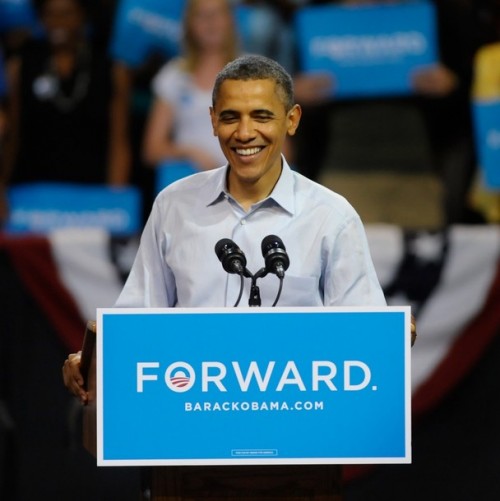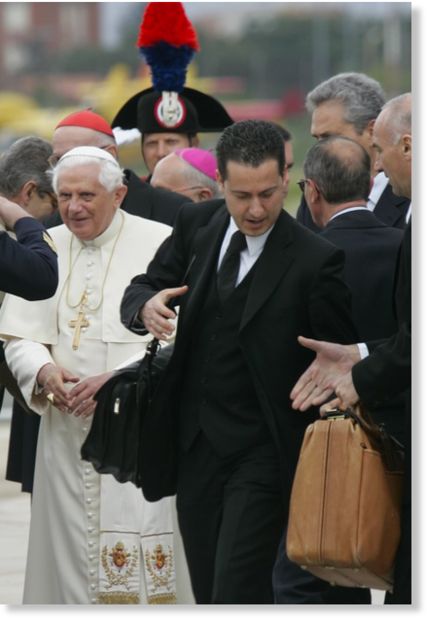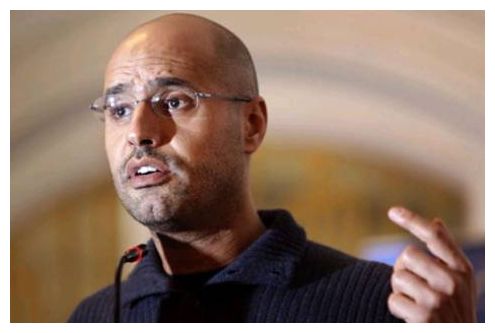Villagers say the drug bust that left four passengers of a riverboat dead after helicopters mistakenly fired on civilians continued into the predawn hours when commandos, including some they think were Americans, raided their town.
One chopper landed in front of Hilaria Zavala's home at about 3 a.m. and the six men who got out kicked down her door. She said a "gringo" threw her husband on the ground and put a gun to his head demanding to know about a trafficker named "El Renco."
"They kept him that way for two hours," said Zavala, who owns a market near the main pier in Ahuas. "They asked if he was El Renco, if he worked for El Renco, if the stuff belonged to El Renco. My husband said he had nothing to do with it."
Celin Eriksson 17, whose cousin Haskel Tom Brooks Wood, 14, died in the boat, was waiting on the dock for his family before the shooting when he saw a white truck and about 50 men coming from Ahuas. He hid because he knew they were traffickers, but saw them load bundles into a boat. When the helicopters appeared, the men ran. He said he heard no gunshots coming from the ground. The boat with bundles went drifting by itself down the river.
The commandos who came off the helicopter handcuffed him, Celin said, and put a gun to his head. Some spoke to him in English, which he also speaks.
"If you don't talk we'll kill you," the boy said he was told. "Where is El Renco? Where is the merchandise?"
OF THE
TIMES














Comment: US 'involved in Honduras military coup'